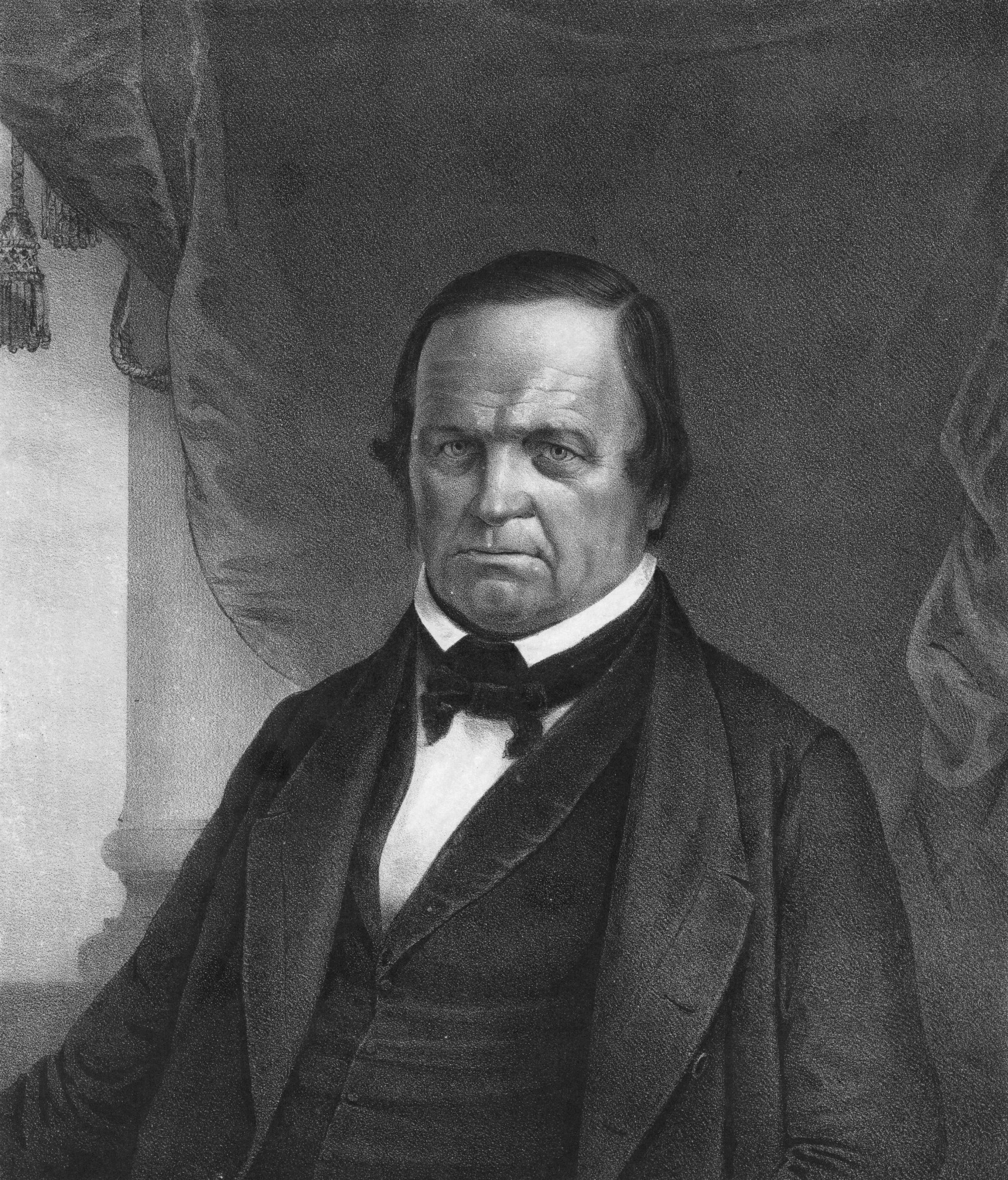First Encounter
Lydia was puzzled to see many people on her street going to church every Saturday. She asked her neighbors about it, and they told her that Saturday is the right day for rest and worship. They explained that on Saturday they did not do business or shopping or much entertainment. Lydia thought that they must have a religion very different from other churches, but they seemed to believe the same things about God and salvation.


